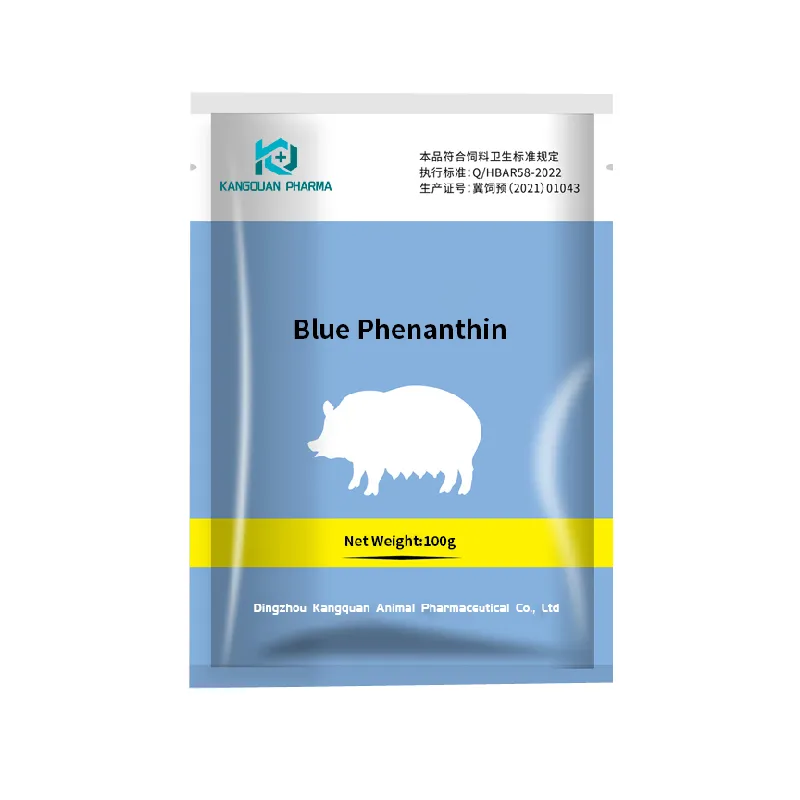- Afrikaans
- Albanian
- Amharic
- Arabic
- Armenian
- Azerbaijani
- Basque
- Belarusian
- Bengali
- Bosnian
- Bulgarian
- Catalan
- Cebuano
- Corsican
- Croatian
- Czech
- Danish
- Dutch
- English
- Esperanto
- Estonian
- Finnish
- French
- Frisian
- Galician
- Georgian
- German
- Greek
- Gujarati
- Haitian Creole
- hausa
- hawaiian
- Hebrew
- Hindi
- Miao
- Hungarian
- Icelandic
- igbo
- Indonesian
- irish
- Italian
- Japanese
- Javanese
- Kannada
- kazakh
- Khmer
- Rwandese
- Korean
- Kurdish
- Kyrgyz
- Lao
- Latin
- Latvian
- Lithuanian
- Luxembourgish
- Macedonian
- Malgashi
- Malay
- Malayalam
- Maltese
- Maori
- Marathi
- Mongolian
- Myanmar
- Nepali
- Norwegian
- Norwegian
- Occitan
- Pashto
- Persian
- Polish
- Portuguese
- Punjabi
- Romanian
- Russian
- Samoan
- Scottish Gaelic
- Serbian
- Sesotho
- Shona
- Sindhi
- Sinhala
- Slovak
- Slovenian
- Somali
- Spanish
- Sundanese
- Swahili
- Swedish
- Tagalog
- Tajik
- Tamil
- Tatar
- Telugu
- Thai
- Turkish
- Turkmen
- Ukrainian
- Urdu
- Uighur
- Uzbek
- Vietnamese
- Welsh
- Bantu
- Yiddish
- Yoruba
- Zulu
dec . 07, 2024 11:52 Back to list
what kills coccidia in dogs
What Kills Coccidia in Dogs?
Coccidia are a group of microscopic protozoan parasites that can cause intestinal infections in dogs, leading to a disease known as coccidiosis. This condition is more prevalent in puppies and can cause a range of symptoms, including diarrhea, vomiting, dehydration, and weight loss. If left untreated, coccidiosis can be severe and even fatal, particularly for young or immunocompromised dogs. Understanding how to effectively eliminate coccidia and prevent infection is crucial for dog owners and caretakers.
Recognizing Coccidia Infection
Coccidia infections are typically diagnosed based on clinical signs and fecal examinations. Responsible dog owners should be vigilant for symptoms such as watery diarrhea, lethargy, and poor appetite. If you suspect your dog may be infected, it’s essential to consult a veterinarian immediately. They can perform a fecal flotation test to identify the presence of coccidia organisms.
Treatment Options
Once diagnosed, coccidiosis is treated primarily with anti-parasitic medications. The two most common drugs prescribed by veterinarians to kill coccidia are sulfonamides (like sulfadiazine and sulfaquinoxaline) and toltrazuril. These medications work effectively to eradicate the parasites from the dog’s system. It's vital that owners administer the full course of the prescribed medication, even if symptoms improve before completion, to ensure all parasites are eliminated and reduce the risk of recurrence.
In addition to medication, supportive care may be required. Dogs suffering from severe diarrhea and dehydration may need intravenous fluids or electrolyte solutions to recover healthily. Moreover, veterinarians may recommend a change in diet to bland, easily digestible foods until the dog’s gastrointestinal system stabilizes.
Cleaning and Sanitization
In conjunction with medical treatment, cleaning the environment is crucial to prevent reinfection and control the spread of coccidia. Coccidia oocysts, the infective form of the parasite, are resilient and can survive in the environment for extended periods. Regularly cleaning and disinfecting areas where your dog spends time is essential to reduce the risk of infection.
Here are some effective steps to manage environmental sanitation
what kills coccidia in dogs

1. Regular Cleaning Use hot water and soap to clean the dog’s living areas, including bedding, toys, and feeding dishes. A thorough cleaning should be performed at least once a week.
2. Disinfecting After cleaning, use a disinfectant that is proven effective against coccidia. Some common disinfectants include ammonia-based cleaners or those containing quaternary ammonium compounds. Always follow the manufacturer's instructions for use.
3. Feces Removal Promptly remove feces from your yard or other areas to minimize contact with oocysts. This is particularly important because oocysts can be transmitted through contact with fecal matter.
4. Limit Exposure If possible, keep infected dogs away from areas where other dogs frequent until they have completed their treatment and your veterinarian confirms they are no longer shedding oocysts.
Preventative Measures
Preventing coccidia infection is far easier than treating it. Here are some preventative strategies
- Routine Health Checks Regular check-ups with your veterinarian can help catch and treat any issues early. - Keep Dogs Away from Wild Animals Coccidia can be transmitted from other animals. Preventing your dog from scavenging or interacting with wildlife can help reduce risk.
- Hygiene Maintaining good hygiene practices, both for your pets and their environment, will go a long way in preventing coccidiosis.
In conclusion, effectively managing coccidia in dogs relies on a combination of appropriate medication, environmental sanitation, and preventative measures. By being vigilant and proactive, dog owners can protect their pets from the challenges posed by coccidia and ensure a healthy, happy life for their furry companions.
-
Guide to Oxytetracycline Injection
NewsMar.27,2025
-
Guide to Colistin Sulphate
NewsMar.27,2025
-
Gentamicin Sulfate: Uses, Price, And Key Information
NewsMar.27,2025
-
Enrofloxacin Injection: Uses, Price, And Supplier Information
NewsMar.27,2025
-
Dexamethasone Sodium Phosphate Injection: Uses, Price, And Key Information
NewsMar.27,2025
-
Albendazole Tablet: Uses, Dosage, Cost, And Key Information
NewsMar.27,2025













